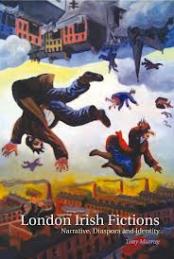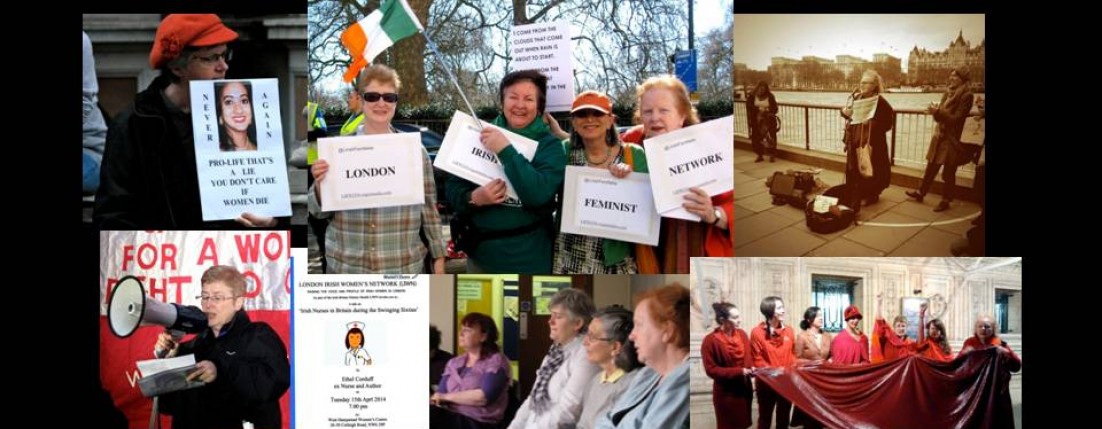London Irish Fictions: Narrative, Diaspora and Identity
by Tony Murray (Liverpool University Press) £19.76 http://tinyurl.com/jw8rw39
This is a book about Migration in which the author explores memoir and autobiography to demonstrate his thesis that the telling of stories creates its own form of “narrative diasporic space” and the reconfiguring of identity. The book is divided into three sections: The Mail-Boat Generation, The Ryanair Generation and The Second Generation.
In ‘Escape and its Discontent’, Murray offers an insightful interpretation of Edna O’Brien’s discourse on mother and nationhood which underpins many of her characterisations and allows us to appreciate the loss of identity that can occur through the conflation of escape and exile. This theme is developed further in ‘Departures and Returns’ where the novels of John McGahern are examined. Murray shows how McGahern illuminates migration in psychological ways as well as socio-economic ones. He discusses the emotional dynamics of the diaspora as played out in letters, family dramas and hauntings.
The chapter on ‘Ersatz Exiles’ highlights inter-ethnic discourses referencing Bronwen Walter’s work and skilfully uses texts to illustrate issues of self-parody, Irishry and deliberate mythologization. The chapter entitled ‘Gendered Entanglements’ explores the fiction of Margaret Mulvihill with regard to contested alliances around ethnicity, gender, class and religion. In particular how the author is emotionally bound to the cultural narratives of her past and her lack of self-confidence in her national identity within the 1980s anti-Irish prejudice common in London. Her novel ‘Low Overheads’ examines the volatile social implications of an unwanted pregnancy, especially fraught in Ireland at this time. Another feature to this novel is the backdrop of the conflict in Northern Ireland and the interaction with English people with little or no knowledge of the shared history.
There is a marked shift in the fiction examined in ‘Ex-Pat Pastiche’ best summed-up by a heightening perception following abuses of the Terrorist Act, the Hunger Strikes and the increased political awareness of the London Irish – as portrayed through Joseph O’Connor and Robert McLiam Wilson’s characters with their postcolonial and intra-ethnic references and attempts to find a multi-dimensional identity in keeping with their generations instincts and sensibilities.
In ‘Transit and Transgression’, Murray refers to Mary Robinson’s inaugural speech which he suggests contributed to the emergence of increasing numbers of Irish female writers. Through the writings of Emma Donoghue and Sara Berkley, he highlights a sense of “provisionalism” in which identity is constantly shifting and challenged. In ‘Going Back’, Donoghue explores how exile occurs both internally and externally through a “queered sense of self” alongside a fundamental sense of alienation from her nationality and mono-cultural categorisations. Sara Berkley’s ‘The Swimmer’ tells of the irreversible psychological journey that has been taken to escape emotional damage but by becoming a migrant she is held in a form of suspension, ambivalence and uncertainty. Both women are caught in a “diasporic limbo”.
Part III of the book examines how second generation Irish children negotiated and incorporated, or not, their dual-cultural backgrounds where language, accent and religion are central and memory and imagination become porous.
This is a scholarly book with many sensitive insights and reflections.
Sarah Strong
